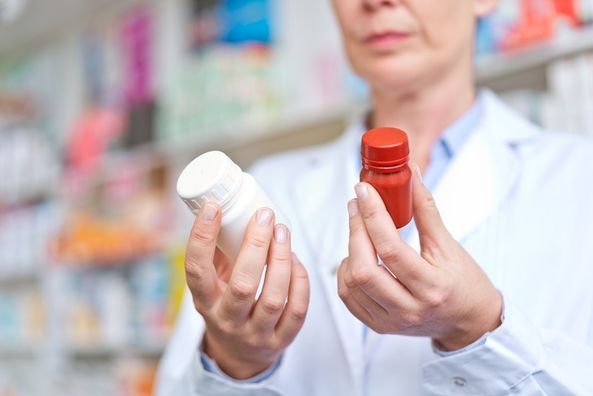Preparing for pregnancy is often an exciting time in many people’s lives. While the focus often centers on women’s health, there are many steps that men can take to improve their health. Family Medicine physician, Dr. Brian Becker, shares tips that can help improve men’s potential for conception.
Tip #1: Make an Appointment with Your Primary Care Physician
When possible, talk with your primary care physician before trying to conceive. During the visit, your physician will review your medical and family history, ask you about medications you take and discuss your diet and lifestyle habits. Some genetic conditions occur more often in certain ethnic groups or in families. Reviewing your family history with your physician allows he or she to determine your baby’s potential risk for certain inherited disorders. This initial visit will allow your, your provider can begin to identify factors, if any, that could affect your journey towards parenthood.
Tip #2: Eliminate or Reduce the Use of Substances
While we know that smoking, excessive alcohol consumption and drugs are harmful to your health, they also play a role in conception.
Stop Smoking
Tobacco use in any form, smoking, vaping, smokeless tobacco, etc., is shown to decrease sperm count and increase the risk of male infertility by as much as 30 percent. It is estimated that smoking contributes to 13 percent of infertility cases. In addition, pregnant women who are exposed to second hand smoke have an increased risk of miscarriage, low birth weight and early delivery among other things.
Cut Down on Drinking Alcohol
Lowered testosterone levels and decreased sperm production are linked to excessive alcohol consumption.
Know About the Medications You Take
Sperm production can be impaired by the use of certain drugs and medications. Prescription and over-the-counter medications as well as herbal supplements can all negatively impact your fertility. Talk with your primary care physician about any medications or supplements you take.
Tip #3: Prevent and/or Treat Sexually Transmitted Infections
Sexually transmitted infections (STI’s) are infections that are spread by sexual contact. In addition to potentially being harmful during pregnancy, many STI’s may affect a woman’s ability to become pregnant. Being screened and treated for these infections can not only protect you, but also your partner and your unborn baby. Infections can be passed from the mother-to-be to her baby, which may cause serious health issues for your baby. If you think that you or your partner may have an STI, make an appointment with your physician to be tested.
Tip #4: Focus on Healthy Lifestyle Choices
There are many factors that can impact your potential to conceive. Incorporating healthier lifestyle choices, such as regular exercise, eating a well-balanced diet, healthy sleeping habits and managing stress can improve your overall health and maximize your chances of becoming pregnant.
Talk with your physician if you and your partner are considering starting a family. Schedule an appointment to discuss family planning with your primary care provider today.
Health Topics:







